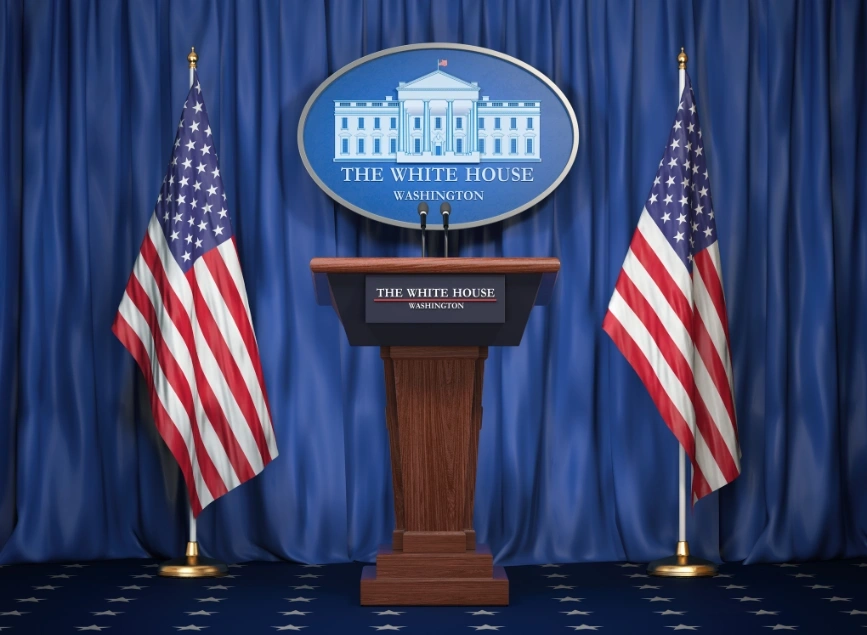
Will the Alliance Between Musk and Trump Cause an Upheaval in the Financial Markets and Cryptocurrencies?
In the realms of global finance, technology, and politics, few figures have had as profound an impact in recent years as Elon Musk and Donald Trump. Musk, the billionaire entrepreneur and CEO of Tesla, SpaceX, and a host of other ventures, has consistently been at the forefront of innovation, shaping industries from electric vehicles to space exploration. Trump, as the 45th President of the United States and a polarizing political figure, has left a significant mark on U.S. and global economic policy. Both men possess enormous individual influence over their respective spheres, but the prospect of a formal or informal alliance between them—particularly one aimed at influencing the financial markets or the burgeoning world of cryptocurrencies—raises important questions.
Could a collaboration between these two figures cause a seismic shift in market dynamics? What would such an alliance mean for the already volatile cryptocurrency sector, and how might traditional financial markets react to the combined influence of these two dominant figures?
The Influence of Elon Musk and Donald Trump on Markets
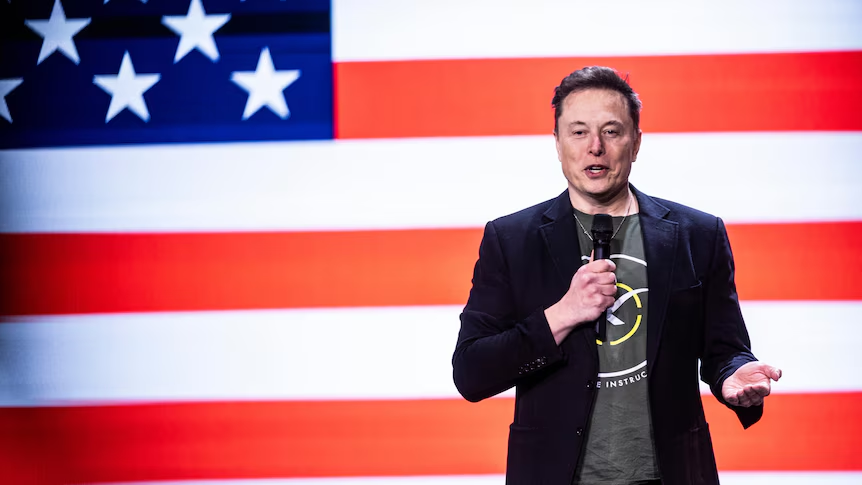
Elon Musk: The Market Mover
Elon Musk has been at the epicenter of major market movements over the last decade, often driven by little more than his public statements or cryptic tweets. As the CEO of companies like Tesla and SpaceX, Musk has revolutionized industries that were previously considered slow to change. Tesla’s stock price has soared over the years, propelled by investor enthusiasm over its groundbreaking electric vehicles and Musk’s charismatic leadership. Additionally, Musk’s work with SpaceX, including the ambitious goal of colonizing Mars, has captured the imagination of investors and technologists alike, influencing investment flows into space-related ventures.
Musk’s impact, however, extends beyond the companies he runs. His involvement with cryptocurrency has also been a driving force behind price volatility in digital assets. Tweets about Bitcoin, Ethereum, and Dogecoin have caused wild swings in their value, with millions of investors reacting in real-time to his social media activity. For example, when Musk announced that Tesla would accept Bitcoin for car purchases in early 2021, the price of Bitcoin surged. Conversely, when he later reversed that decision, citing environmental concerns, the price plummeted. Similarly, his tweets about Dogecoin, often playful or cryptic, have led to sharp price movements in the meme-based cryptocurrency.
Musk’s unprecedented influence over market behavior is a testament to the power of personal branding in the digital age. His comments, regardless of their seriousness, are taken as signals by retail investors, institutional traders, and even regulators. This ability to move markets almost at will places Musk in a unique position of power, one that becomes even more significant when considering the possibility of an alliance with a figure like Donald Trump.
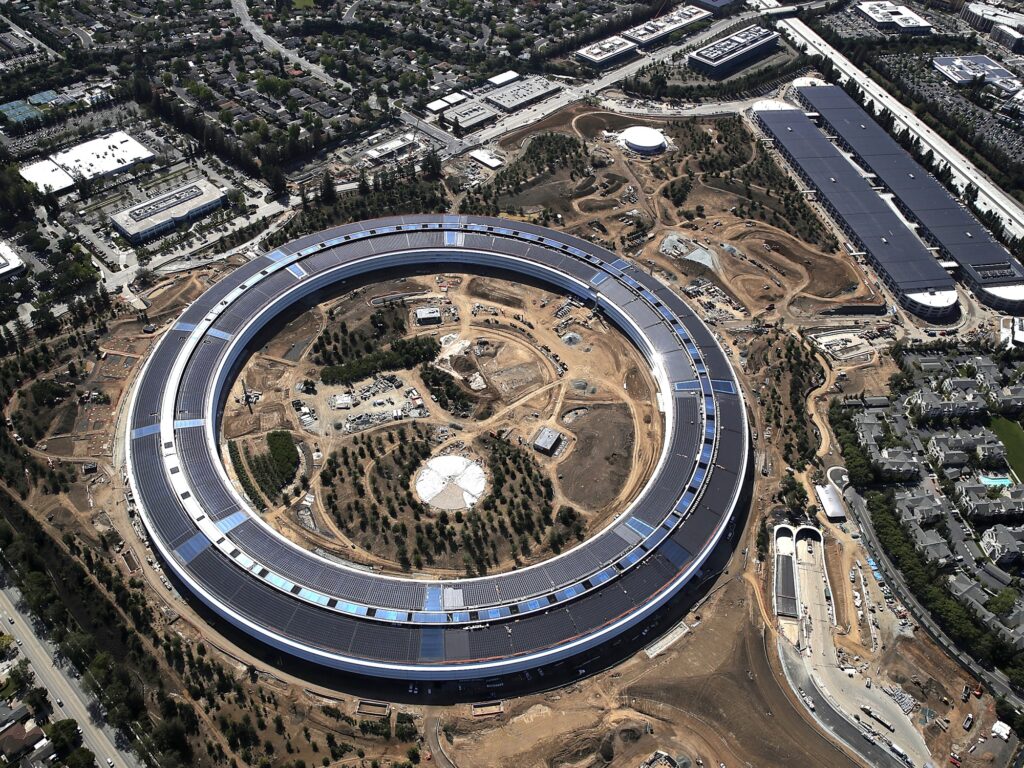
Donald Trump: A Political and Economic Force
Donald Trump’s influence on financial markets, while different from Musk’s, has been equally impactful. As a businessman and former President of the United States, Trump’s policies and public statements have had far-reaching consequences for the global economy. During his presidency, Trump’s tax cuts and deregulatory agenda were widely credited with fueling a stock market boom. Corporate profits surged, unemployment rates fell to record lows, and the U.S. economy appeared robust—at least until the onset of the COVID-19 pandemic in 2020.
However, Trump’s influence over markets extends beyond traditional policy decisions. Like Musk, Trump’s use of social media to communicate directly with his supporters and the public at large had profound effects on investor sentiment. His tweets on issues like trade wars, tariffs, and foreign relations caused immediate reactions in global markets. For instance, the prolonged U.S.-China trade war, which Trump initiated and escalated through Twitter and public pronouncements, led to significant volatility in global equities, commodities, and currencies. Traders often had to navigate the unpredictable nature of Trump’s actions, with his tweets sparking rallies or sell-offs in quick succession.
Post-presidency, Trump remains a highly influential figure, particularly among conservative voters and investors. His continued presence in politics, coupled with speculation about a potential 2024 presidential run, keeps his views on economic and financial issues in the public eye. While out of office, Trump has continued to speak about economic matters, including cryptocurrencies. Although he has been critical of digital assets in the past, his ability to change positions when it serves his interests makes his future stance on cryptocurrencies an open question.
The Cryptocurrency Landscape: A Market Primed for Disruption
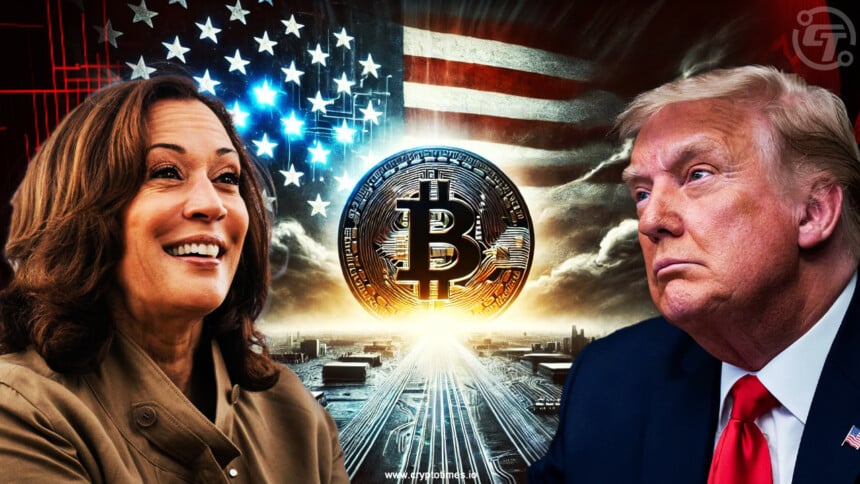
Cryptocurrencies represent one of the most dynamic and volatile areas of modern finance. Unlike traditional financial assets, digital currencies are not tied to any physical goods, central banks, or governments, making them highly susceptible to market sentiment and speculative behavior. Cryptocurrencies like Bitcoin, Ethereum, and Dogecoin have seen wild price swings based on factors ranging from macroeconomic trends to the whims of influential individuals like Musk.
Elon Musk’s Impact on Cryptocurrencies
Elon Musk has become a central figure in the cryptocurrency world. His involvement began as a supporter of decentralized digital currencies, with particular attention to Bitcoin and Dogecoin. In early 2021, Tesla’s decision to buy $1.5 billion worth of Bitcoin and to accept it as payment for its vehicles sent shockwaves through the market, contributing to Bitcoin’s rise to an all-time high. However, Musk’s subsequent reversal on accepting Bitcoin, citing environmental concerns related to Bitcoin mining, caused a steep drop in the price, illustrating just how much influence he holds over cryptocurrency values.
Musk’s advocacy for Dogecoin, a cryptocurrency that started as a joke, further demonstrates his ability to shape market behavior. Through a series of tweets and comments, Musk has turned Dogecoin from an obscure asset into one of the most traded cryptocurrencies. His casual references to Dogecoin as “the people’s crypto” have attracted a large following among retail investors, many of whom entered the market for the first time based on Musk’s comments alone.
Trump’s Potential Influence on Cryptocurrencies
Trump’s past views on cryptocurrencies have been largely negative. In 2019, while still President, Trump publicly criticized Bitcoin, claiming it was based on “thin air” and that cryptocurrencies posed a threat to the dominance of the U.S. dollar. However, given Trump’s political savvy and ability to tap into populist trends, it’s possible that he could shift his stance if he perceives an advantage in aligning himself with the growing number of Americans who have embraced digital currencies.
If Trump were to publicly endorse a cryptocurrency or digital asset platform, it could dramatically shift the political landscape surrounding cryptocurrencies. Currently, many conservative lawmakers are skeptical of digital currencies, but Trump’s influence over this faction of the electorate could bring about a change in perspective. Conservative investors, who may have been wary of entering the crypto space due to its association with tech elites or liberal-leaning technocrats, might be more inclined to explore the market if Trump gave it his approval.
Potential Impacts of a Musk-Trump Alliance on Financial Markets
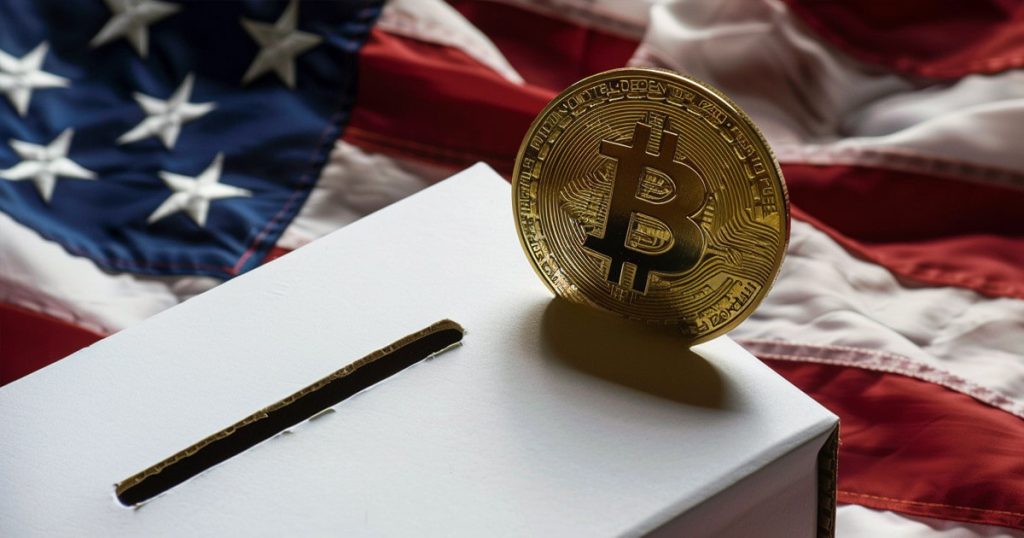
The financial markets are already complex and highly interconnected, but the prospect of a Musk-Trump alliance introduces a new layer of unpredictability. Both men are known for their ability to move markets based on their public statements alone, so their combined influence could create an environment of heightened volatility across asset classes.
Technology and Innovation Sectors
A partnership between Musk and Trump could significantly impact sectors such as technology, energy, and infrastructure—areas where Musk’s companies are dominant and where Trump has expressed strong policy opinions. Tesla, SpaceX, and Musk’s other ventures could benefit from policies that encourage deregulation or increased investment in American technological innovation, which Trump has championed throughout his career.
In return, Trump could leverage Musk’s technological expertise to advance his own political and economic goals. Musk’s vision for renewable energy and space exploration aligns with Trump’s broader narrative of American exceptionalism. A focus on American-led technological innovation, backed by Trump’s political capital and Musk’s innovative prowess, could lead to massive investment flows into industries like electric vehicles, space exploration, and renewable energy.
Cryptocurrencies and Digital Finance
The cryptocurrency market, already highly volatile, could face significant disruption from any coordinated effort between Musk and Trump. Should Trump reverse his earlier criticisms and lend support to cryptocurrencies, it could spark renewed interest among retail and institutional investors. Musk’s track record of moving the crypto markets with tweets about Dogecoin or Bitcoin, combined with Trump’s base of politically engaged followers, could lead to price surges in specific digital assets. However, it could also result in regulatory scrutiny, especially if their alliance is perceived as a form of market manipulation.
Global Economic and Political Consequences
The international ramifications of a Musk-Trump alliance should not be overlooked. Both men have had complicated relationships with global leaders, and their combined influence could create tensions on the world stage. For instance, Musk’s ambitions with SpaceX and satellite internet services could raise concerns about national security or geopolitical power dynamics, while Trump’s trade policies and economic nationalism could exacerbate tensions with foreign governments.
Regulatory and Antitrust Concerns
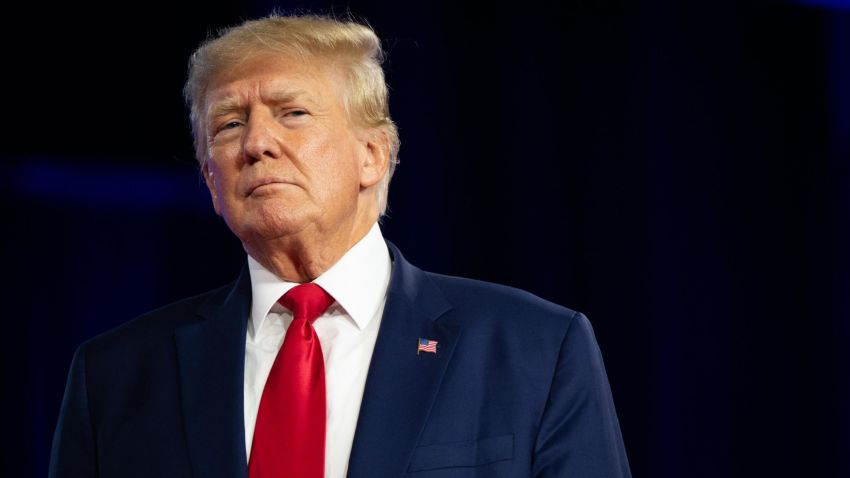
Any collaboration between Musk and Trump is likely to attract attention from regulators, particularly in the U.S. The Securities and Exchange Commission (SEC) has previously scrutinized Musk for his market-moving tweets, and an alliance with Trump could lead to increased regulatory oversight. If their actions are seen as having outsized influence on financial markets or if their collaboration leads to accusations of monopolistic behavior, it’s possible that government agencies could intervene. Antitrust laws, in particular, might come into play if Musk’s companies or Trump’s influence are seen as threatening competition in key industries.
Conclusion: A New Paradigm or Market Chaos?
The potential for a Musk-Trump alliance to cause upheaval in the financial markets and cryptocurrency space is both intriguing and uncertain. On one hand, their combined influence could lead to significant innovation, growth, and new opportunities in sectors like technology, clean energy, and digital finance. On the other hand, their unpredictable behavior, personal agendas, and ability to stir market.
The Past and Present Presidents of America and Their Impact on Financial Markets
The role of the President of the United States extends beyond shaping domestic and foreign policies—it also profoundly impacts the financial markets. While the stock market responds to a multitude of factors, including corporate earnings, interest rates, and global events, presidential decisions can influence investor sentiment and economic trends. Let’s explore how past and present American presidents have shaped the financial landscape.
Bill Clinton (1993–2001): The Tech Boom and Balanced Budgets
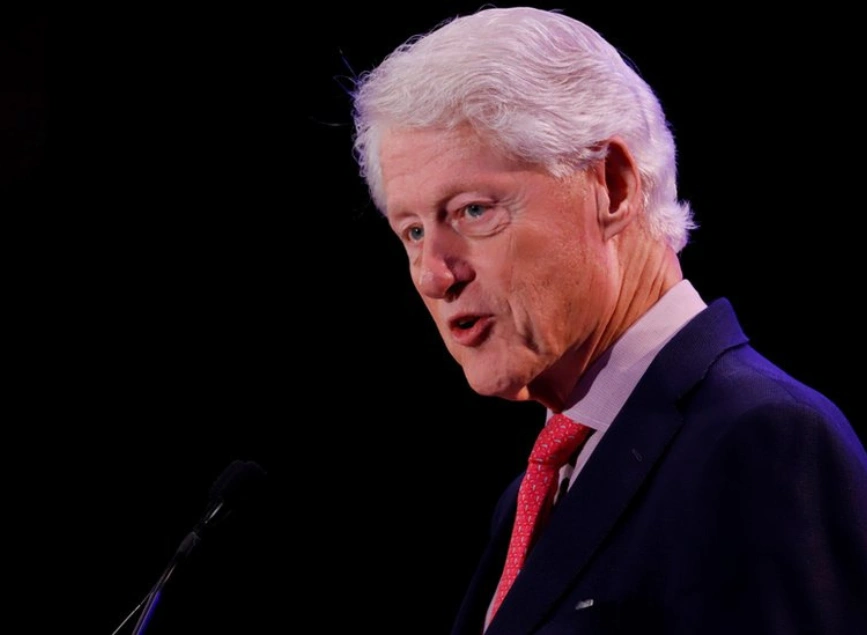
Bill Clinton’s presidency coincided with the rise of the internet and the dot-com boom. His administration focused on reducing the national deficit, cutting taxes, and investing in education and technology. By the end of his second term, the U.S. enjoyed budget surpluses, and unemployment rates were at historic lows.
The financial markets thrived during Clinton’s presidency, particularly in the tech sector. The Nasdaq, heavily weighted toward technology stocks, soared as companies like Amazon, Microsoft, and Apple gained momentum. However, the dot-com bubble burst in 2000, leading to a market correction that affected investors and the economy in the years following Clinton’s tenure.
Barack Obama (2009–2017): Recovery from the Great Recession
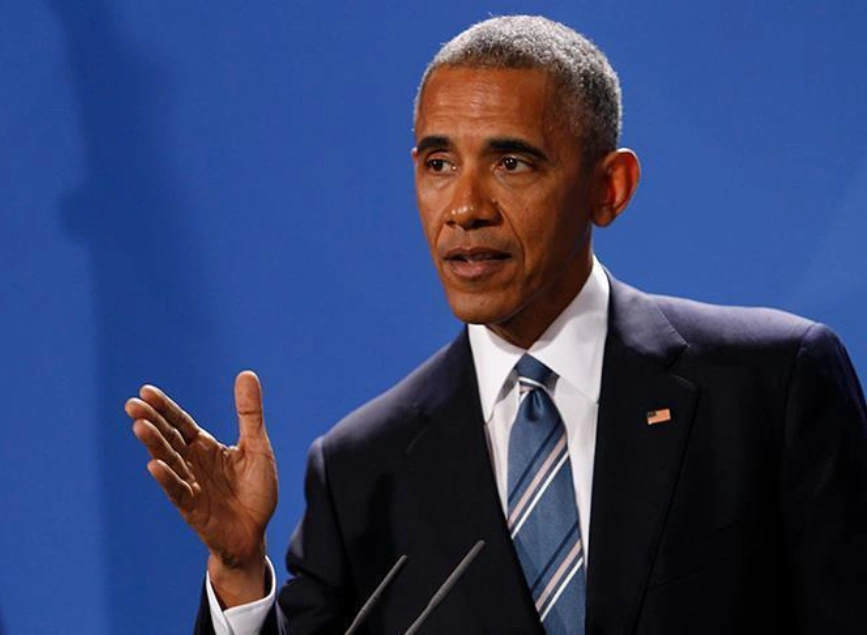
When Barack Obama took office in 2009, the U.S. was in the midst of the Great Recession, triggered by the housing market collapse and financial crisis. Obama’s administration enacted the American Recovery and Reinvestment Act, which allocated over $800 billion toward economic stimulus. He also introduced financial reforms through the Dodd-Frank Wall Street Reform and Consumer Protection Act, aimed at preventing future financial crises by increasing oversight of banks and financial institutions.
The stock market responded positively to Obama’s policies, with the DJIA recovering from its lows of around 6,500 points in 2009 to over 19,000 points by the end of his presidency. The U.S. economy experienced steady growth, though some critics argue that the recovery was uneven, benefiting Wall Street more than Main Street.
Donald Trump (2017–2021): Tax Cuts and Trade Wars
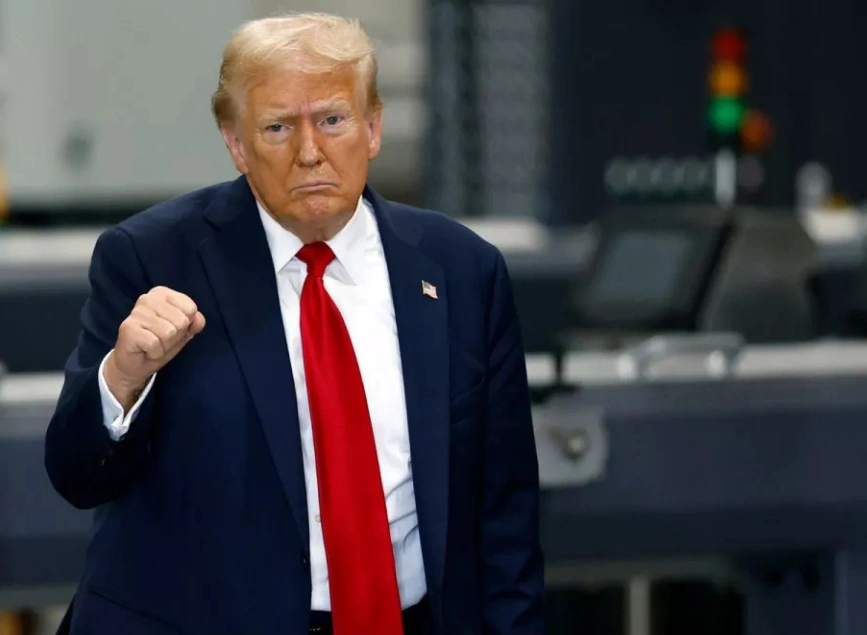
Donald Trump’s presidency was marked by a combination of corporate tax cuts and aggressive trade policies. His Tax Cuts and Jobs Act slashed corporate tax rates, which was initially a boon to the stock market, as companies saw increased profitability and repatriated foreign earnings. The DJIA surged to record highs, surpassing 29,000 points by early 2020.
However, Trump’s trade wars, particularly with China, created uncertainty in global markets. Tariffs on Chinese goods led to volatility, with markets reacting sharply to the on-again, off-again negotiations between the two superpowers. The onset of the COVID-19 pandemic in 2020 further disrupted financial markets, leading to one of the fastest stock market declines in history, though aggressive fiscal and monetary interventions mitigated long-term damage.
Joe Biden (2021–Present): Pandemic Recovery and Inflation Concerns
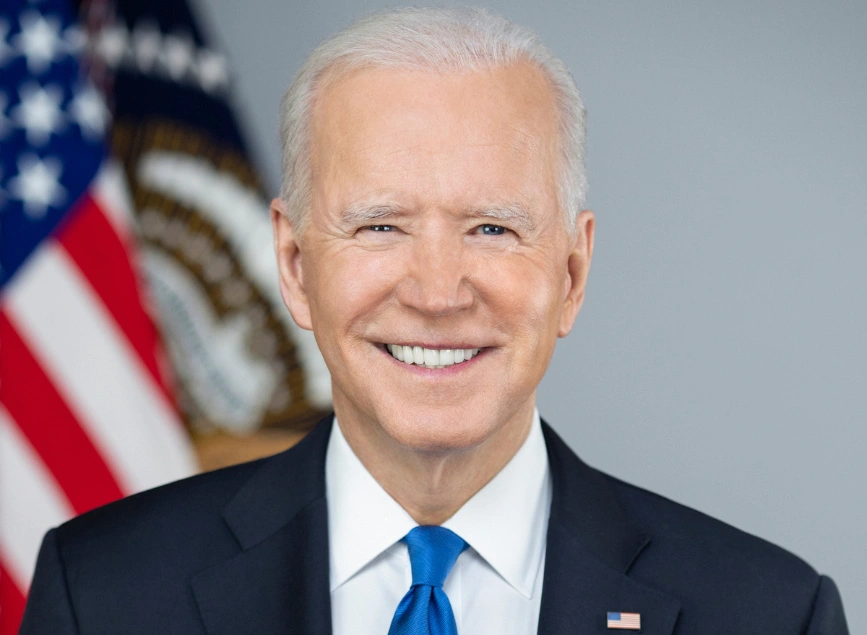
Joe Biden took office amidst a global pandemic, with the economy still recovering from the COVID-19 shock. His administration passed the American Rescue Plan, a $1.9 trillion stimulus package aimed at speeding up the recovery. Biden has also focused on infrastructure investments, passing a $1 trillion bipartisan infrastructure bill.
While the markets responded positively to Biden’s early tenure, concerns over inflation and rising interest rates have caused volatility. The Federal Reserve’s actions to curb inflation, alongside global supply chain issues and the Russia-Ukraine conflict, have all contributed to a more unpredictable market environment. Biden’s climate policies and initiatives to transition to renewable energy have also created opportunities for growth in the green tech and electric vehicle sectors.
Each U.S. president, from FDR to Biden, has left an indelible mark on the financial markets. Whether through war-time economic policies, tax reforms, or responses to global crises, their decisions affect investor confidence, market stability, and economic growth. While markets are influenced by many factors beyond politics, presidential policies often serve as critical catalysts for market movements. As we look ahead, the choices of future presidents will continue to shape the landscape of global finance.
Share
Hot topics
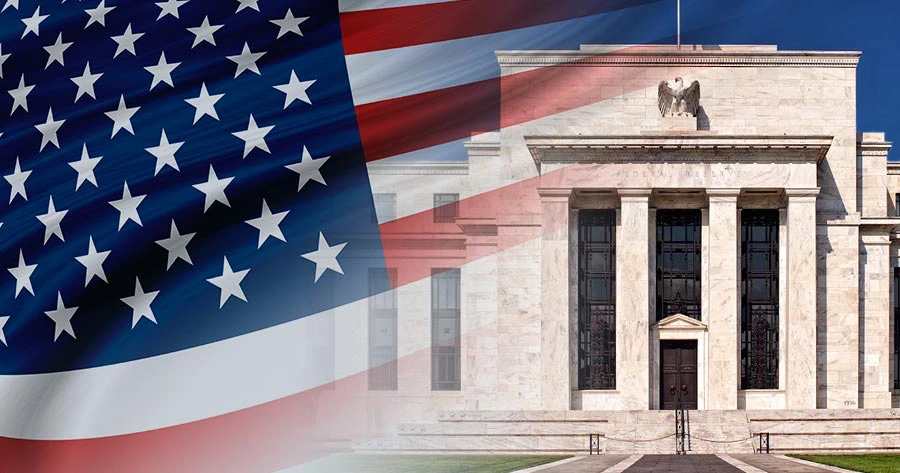
Federal Reserve’s Challenges to Trump’s New Policies
As the Federal Reserve Open Market Committee (FOMC) prepares for its upcoming meeting, all eyes are on how the Fed will respond to Donald Trump’s latest economic policies. With the...
Read more




Submit comment
Your email address will not be published. Required fields are marked *